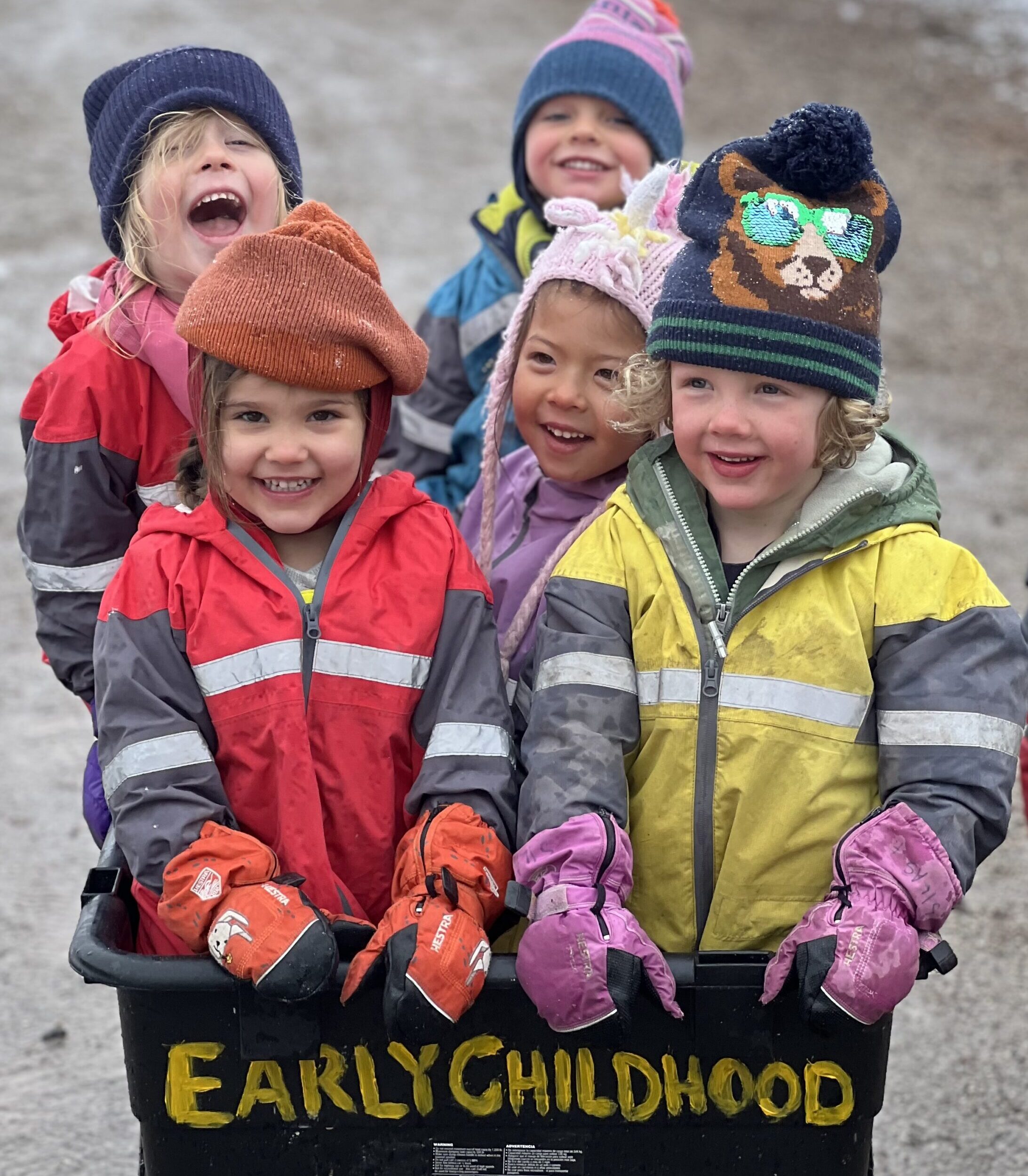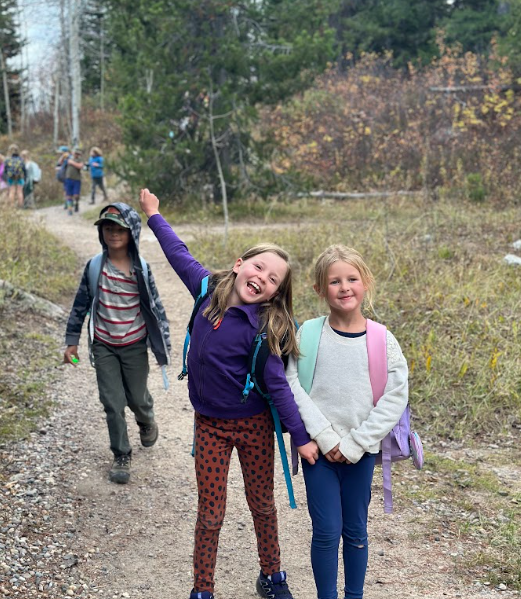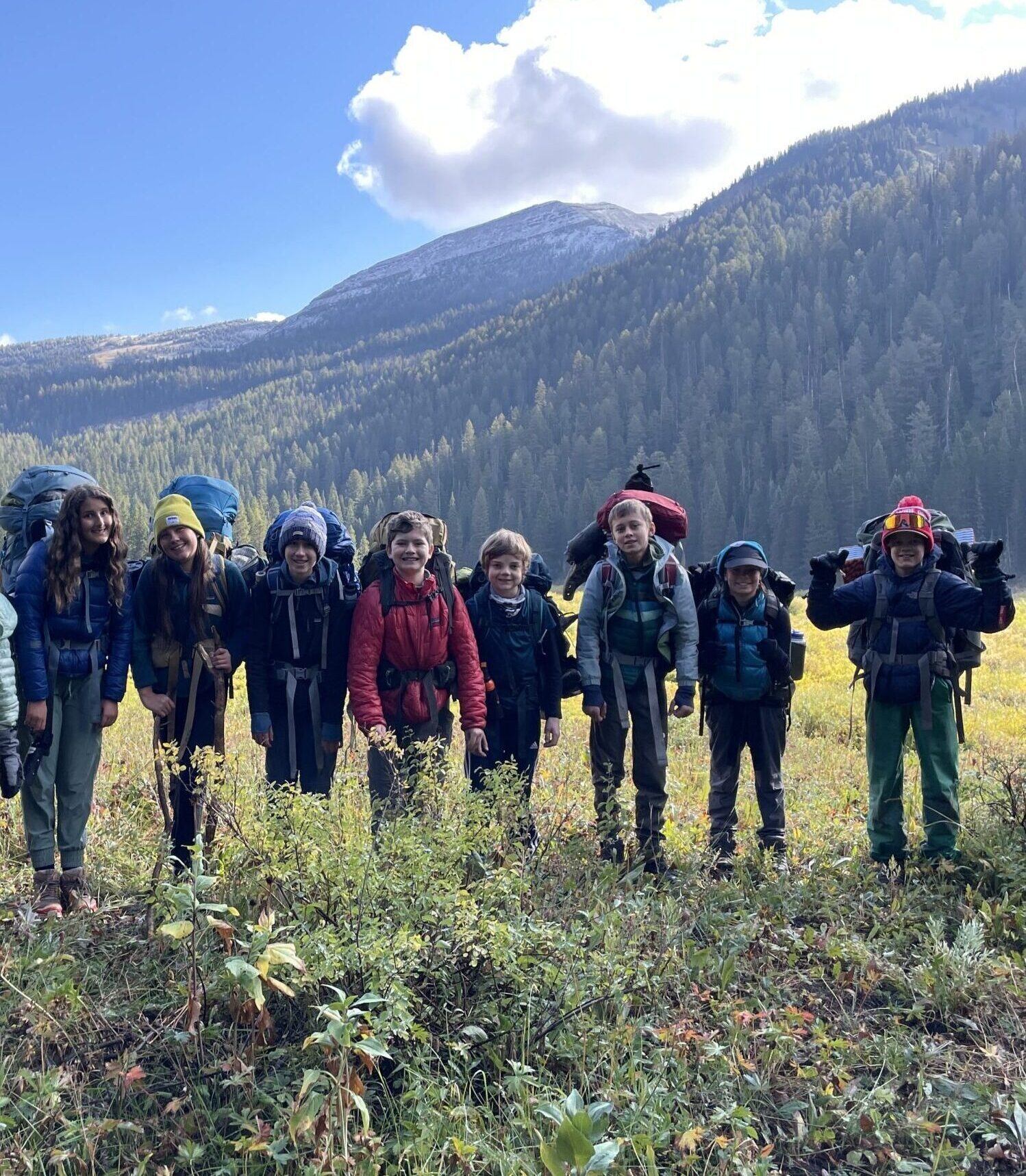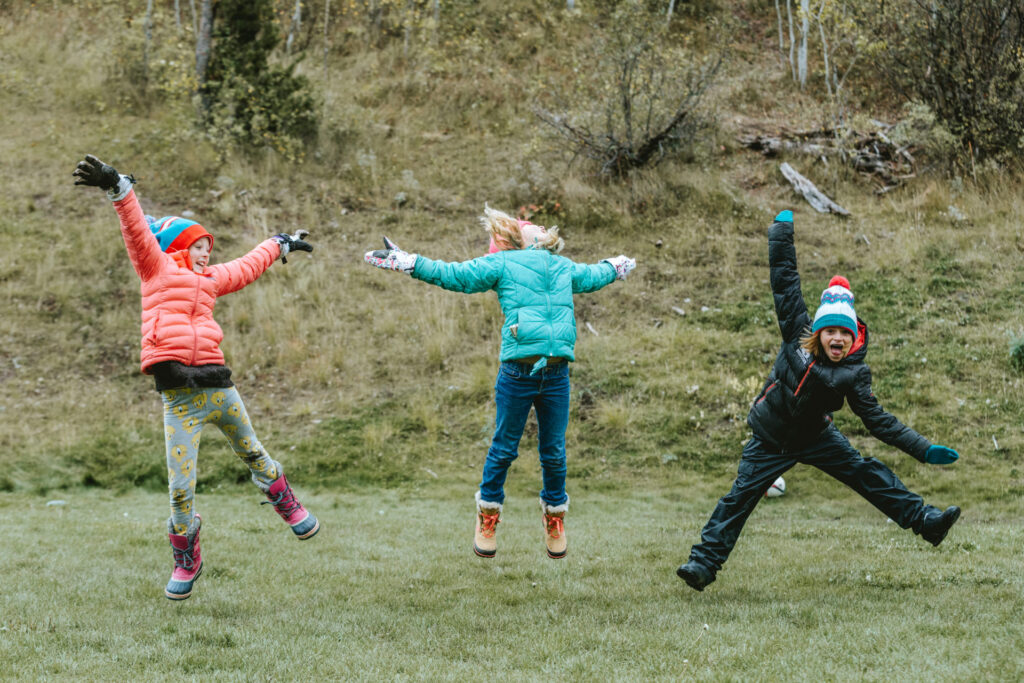
Welcome to the Jackson Campus
The Jackson Campus is home to over 100 curious students. Our campus is filled with joy, energy, and academic passion from 18 months – 8th grade.
Jackson Campus By The Numbers
Capstone Journeys taken in a year
0
Permanent Art Installations in the Community
0
Tents that support our Extended Journeys
0
Students call Jackson Campus home
0
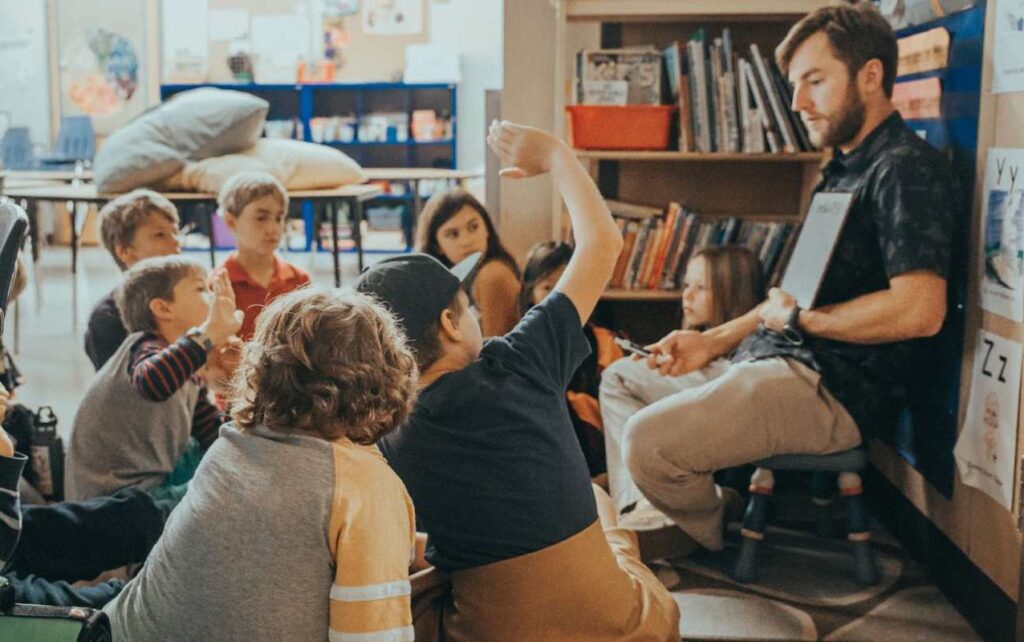
Educational Approach
At Mountain Academy, we use Project-Based Learning (PBL) to allow students to learn authentically about the world through in-depth inquiry, design, and sharing with a public audience. This dynamic approach to teaching and learning compels students to explore real-world questions and challenges while simultaneously developing interdisciplinary understandings and interpersonal skills. Projects can be as short as a few weeks or as long as a few months.
The Jackson Campus
Journey
Explore Our
Academics
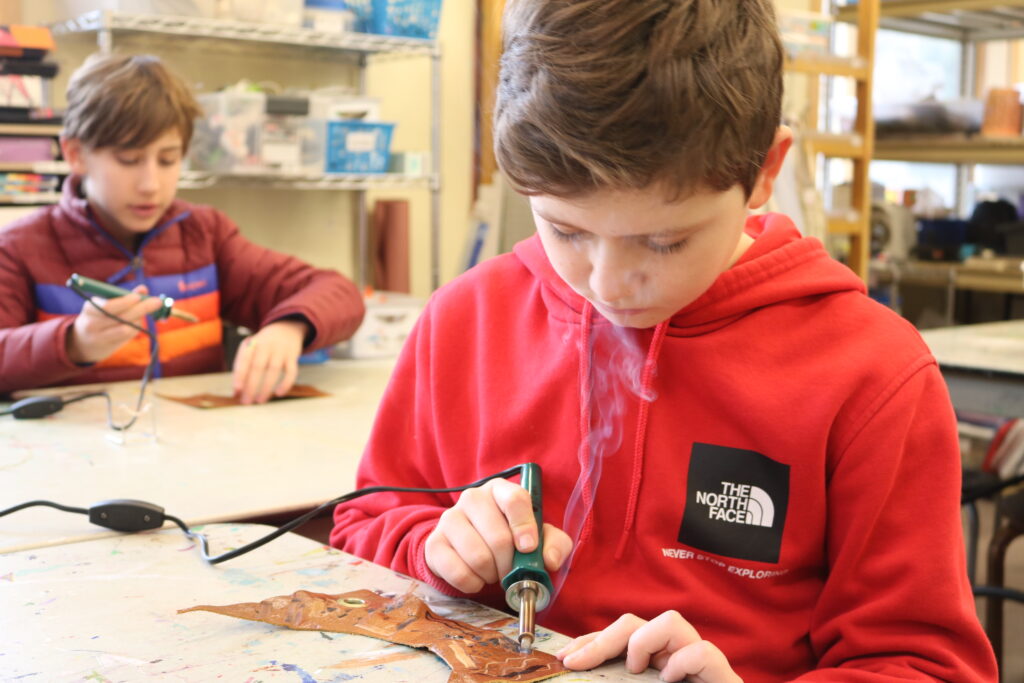
Maker Space
At Mountain Academy’s Jackson Campus, students bring ideas to life in a hands-on maker space designed in partnership with the Wonder Institute. Outfitted with tools like 3D printers, circuitry kits, and digital design software, the space invites exploration through building, coding, and creative problem-solving.
From early learners to middle schoolers, students engage in open-ended projects that spark curiosity and build real-world skills, supported by the guidance of faculty and Wonder Institute mentors.
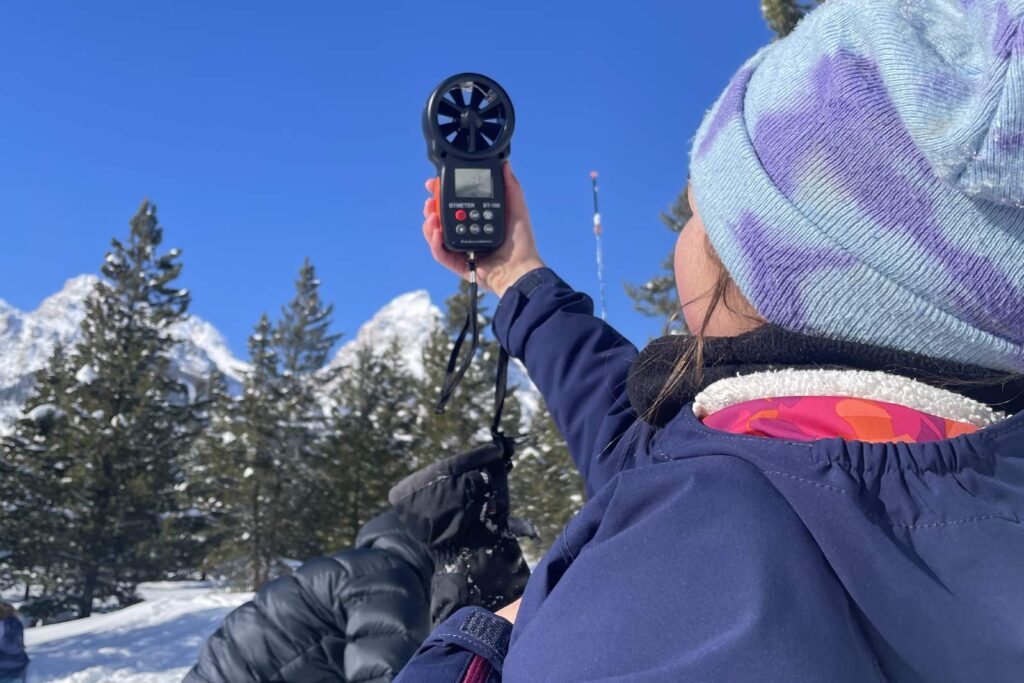
Outdoor Education
Outdoor education at Mountain Academy creates an awareness of the relationship between the environment and human life, harnesses an appreciation for the environment, and encourages students to learn about human and natural systems while using problem-solving and critical thinking skills. Students focus on learning outcomes from health and wellness, science, and community to culture domains.
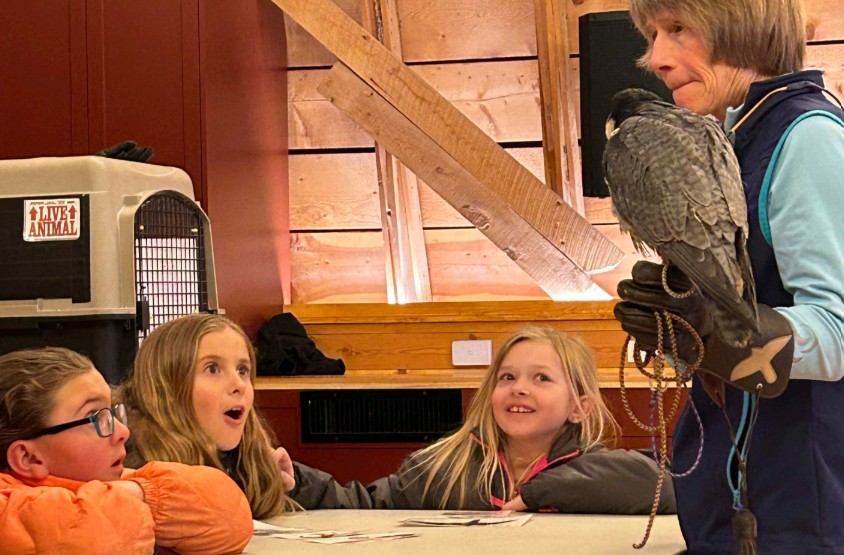
Journeys
A Journey is a direct, off-campus experience in the ecological or cultural environment that serves as an essential part of learning. We take both single-day and extended multi-day Journeys into our local and global communities. Our Journeys include thoughtful faculty planning and meaningful student inquiry, integrating curriculum, and creating and deepening one’s sense of place by connecting our curriculum to real-world issues and needs.
Campus Contact Information
Mountain Academy Jackson Campus
700 Coyote Canyon Road
Jackson, Wyoming 83001
Phone Number
307.732.7757
Mountain Academy Teton Valley Campus
192 W. Birch Street
Victor, Idaho 83455
Phone Number
208.787.0445

